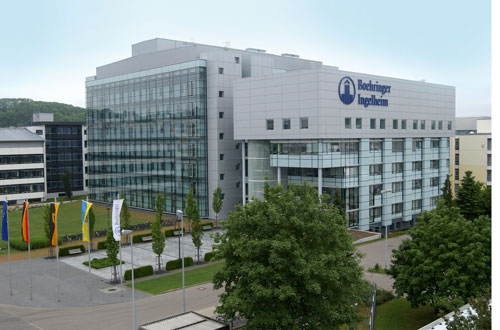
Boehringer Ingelheim has partnered with The University of Texis MD Anderson Cancer Centre to develop new cancer therapies.
The German pharma company said it will combine its pipeline gastrointestinal and lung cancer therapies with the patient-driven drug development abilities at MD Anderson.
The new joint Virtual Research and Development centre will allow data and analysis to be shared between the two organisations, with a flexible framework which will allow projects to enter at different stages.
“Our innovative oncology pipeline coupled with strong partnerships like this will contribute to unravelling the complexities of these diseases and bringing innovative solutions to people with various types of cancers,” said Victoria Zazulina, corporate vice president and global head of oncology at Boehringer Ingelheim.
According to Boehringer, the new centre will focus on developing new cancer treatments, with particular emphasis on investigating KRAS inhibition concepts. It has also identified the TRAILR2 agonistic antibody as an additional target for its collaborative research at the MD Anderson centre, which has the potential to selectively induce cancer cell death.
“We look forward to working with Boehringer Ingelheim to advance their innovative pipeline of cancer medicines. Our Therapeutics Discovery team is well-poised to conduct impactful translational research, and this partnership will allow us to more rapidly advance much-needed new therapies to patients,”said Tim Heffernan, executive director of TRACTION at MD Anderson.
Mutations in the KRAS pathway have been recognised for decades as a key part of oncology research. This is because these mutations are present in around a third of all human cancers, with researchers studying it as a potential drug target.
Until recently there has been little success in the KRAS area, with many considering it to be an ‘undruggable’ target because the protein lacks traditional small molecule binding pockets. However, recent success for Amgen has seen hope for this therapy area renewed. In June this year, Amgen reported safety, tolerability and preliminary anti-tumour activity in a phase 1 trial of a candidate which targets a KRAS mutation known as G12C.
Now Boehringer is set to follow the trend, with this focus on the KRAS gene potentially aiding in its research into lung and gastrointestinal cancers. Boehringer has increased its focus on oncology recently, with its recent acquisition of Swiss cancer vaccines company AMAL therapeutics boosting Boehringer’s pipeline with five preclinical cancer vaccines.




